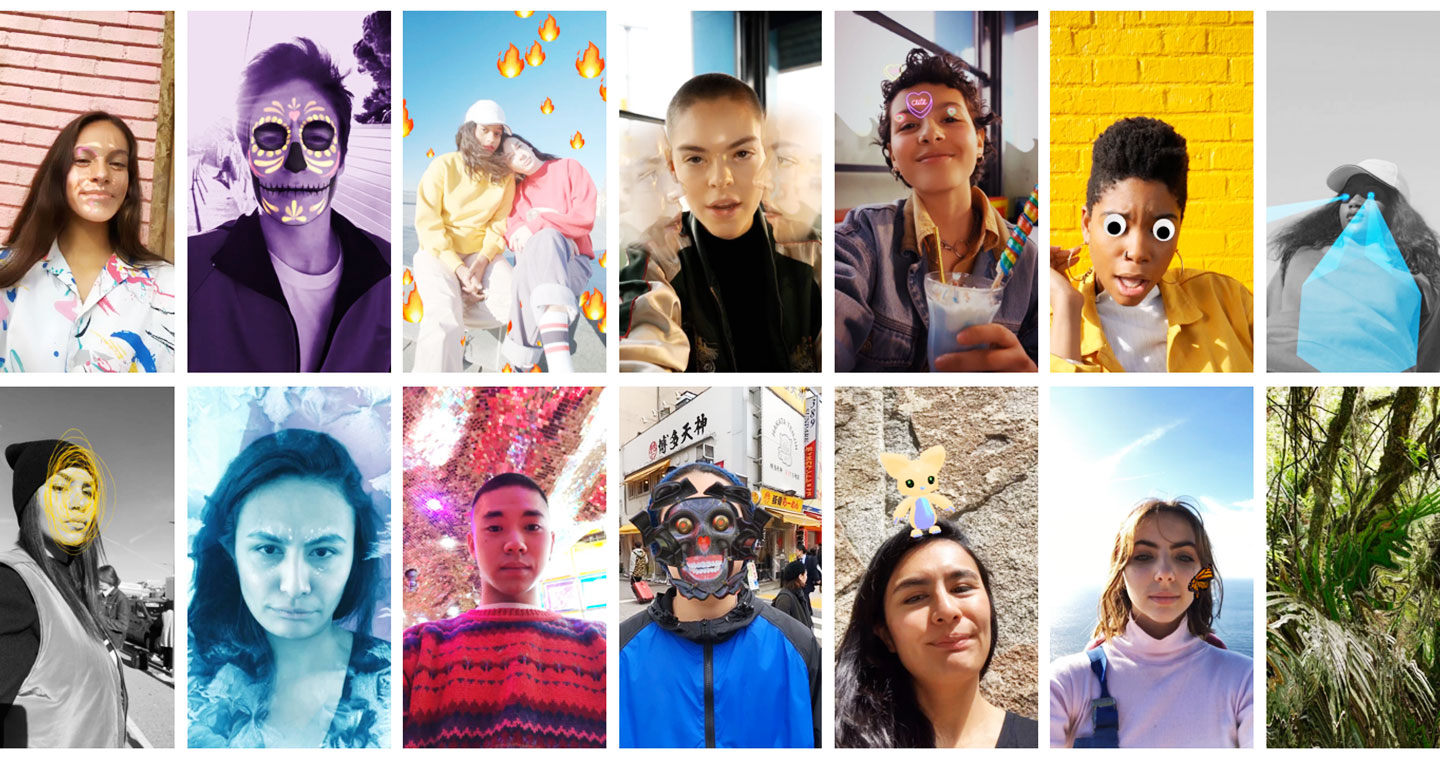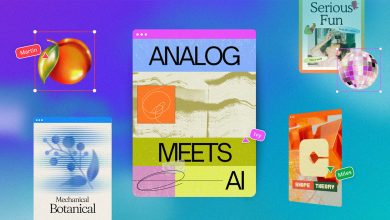Love funky filters on Instagram? Well, you can now start making your own too, and it’ll be part of the IG ecosystem.
Augmented Reality visuals are hard to create not just because of the technical expertise you need to create one but also because platforms where you can easily share them are hard to come by. Standardization on coding, perhaps even dimensions of assets and elements are likely to be different as you jump from one platform to another. Well, at least that used to be the case.
Facebook’s Spark AR Studio has been around for months, but it was only recently that they opened up the platform for all users, finally ending its private beta stage. The platform enables anyone to download and use the suite to create their own AR filters, share them on Spark, and upload them on Instagram so their own friends can use them.
Of course, it isn’t as complex as other AR tools in that some features would be limited to keep them easy to use, but it is a step towards democratizing technology and providing everyone, amateur coders, enthusiasts, newbies and pro developers alike to come up with a filter that’s easily shared.

The suite, Facebook claims, is as easy to use as any editing tool, suggesting even those who don’t know how to code can just as well create a great filter as anyone using a tool it calls the Patch Editor. Apart from applying effects on your photos and videos, you can also import videos or 3D objects, even your own music. And, as mentioned, filters you create are easy to share. As soon as someone follows you on IG, they can instantly get the filters within the app right away.

It’s exciting to see where the tool will lead to next. Of course, the tech isn’t anything new, and there are ways to create AR effects without having to use the Spark Studio. What it introduces though is an ecosystem where it’s easy to create, use and share to others, foregoing the need to install new apps as almost everyone these days has an IG or Facebook account. The suite is still technically on public beta, but this already opens up new avenues for creatives to come up with new kinds of content.









